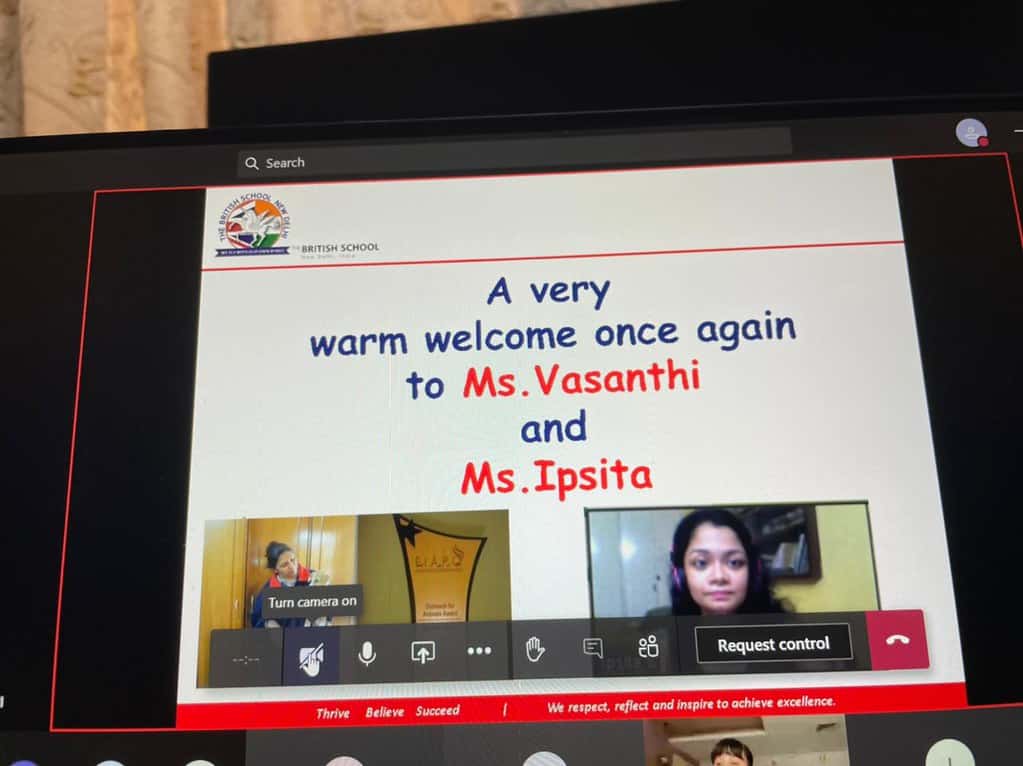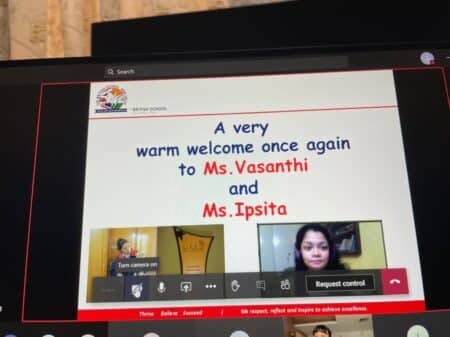
British School Program is Right For Your Child
What is the best British school program for your child?
If you’re unsure, this article will help you decide. British school kids specialize early and finish their curriculum early. They apply directly to the programs they’re most interested in, rather than waiting until their senior years to begin their training. Here are some of the differences between GCSE and IGCSE, and how each compares to each other. A British school program will ensure your child is prepared to take the next step in their education.

GCSE
The GCSE is a British school program in which students complete four subjects – English, Mathematics, Science, and Humanities – over the course of two years. The courses allow students to focus on specific subjects, such as math, science, or literature, and they can take these exams when they are seventeen or eighteen. The GCSE program is a crucial component of the British school system and a vital prerequisite for obtaining an undergraduate degree.
The GCSE is an academic qualification, and most high school students in the United Kingdom take it at the end of their secondary education. It is widely recognized as one of the best high school education programs in the world and serves as a pathway to further academic study. Students aged fourteen and up take the GCSE in one or more subjects, and most will leave with 10 or more GCSEs. The GCSE is a valuable document that opens many doors, including a future career in the business world.
IGCSE
The IGCSE is a highly regarded educational program in the U.K. It is widely regarded as a more rigorous preparation for A level study. There are a variety of advantages and disadvantages to taking the course. Firstly, it is more accessible to students of all levels, with exam boards categorizing questions according to their difficulty level. Students who are particularly good at demonstrating their knowledge in exams will likely thrive on the IGCSE.
The IGCSE course also develops critical thinking and initiative in students. Students who complete the course are likely to be good team players and communicators. Secondly, the IGCSE curriculum expands a student’s horizons and gives them experience of taking examinations. It also tests creativity and synthesis of ideas, which is important in today’s world. Lastly, the IGCSE course will help students gain valuable work experience and further their education.
IB
IB British school program is one of the most widely used international academies and a worldwide benchmark of quality education. Its educational philosophy is based on the principles of international education. Its curriculum aligned with international standards and taught in over 140 countries. IB diplomas recognized by top universities worldwide. This is because of its rigorous and flexible teaching methodology, which enables students to become globally competitive.
The IB curriculum allows students to develop new skills and interests. At King’s College in Alicante, for instance, students can choose to study Global Politics, Environmental Systems, Visual Arts, Dance, Theatre, and much more. This variety of curriculum allows students to explore and enhance their passions and strengths, while building new ones. Some of the innovative subjects in the IB curriculum are:
Key stages
The British school program broken down into different levels, or ‘key stages,’ to make learning easier. Students in the first two key stages study mathematics, English and science, while those in the third stage study subjects such as history and art and design. Other subjects in Key Stage 3 include music and physical education, art, and modern foreign languages. Students in this stage expected to learn to read and write, as well as listen carefully to instructions, and to be a good classroom buddy.
The first and most basic stage of the British school program called the Foundation Stage, and it lasts from age five to eleven. The next two stages of education called Key Stages three and four, and they followed by the higher-level program, which lasts from age eleven to sixteen. Students can choose to take GCSEs or other national qualifications following this stage. Key Stage 3 students also required to take phonic screening tests, which short assessments of their decoding skills.
SAT test
The SAT test for the British school system designed to measure key skills necessary for university life, including reading, writing, critical thinking and data analysis. According to Olivia Coghlan, client manager at TutorsPlus, the best time to begin preparing for the SAT is when a student is in year eleven. The test timed and rigorous, so it’s important to prepare thoroughly. However, it’s not impossible to prepare successfully in a shorter time period.
Secondary schools arinformed of the scaled scores of incoming pupils and use them to set, stream and plan accordingly. However, schools are also aware of the fact that the SATs measure only a student’s abilities in English and maths. This is why many of them conduct their own exams for year 7s. This way, they can determine whether the school a good fit for the child. However, the SAT test for the British school program is a good choice if the child has the potential to succeed in the coveted British school.

Comments (0)